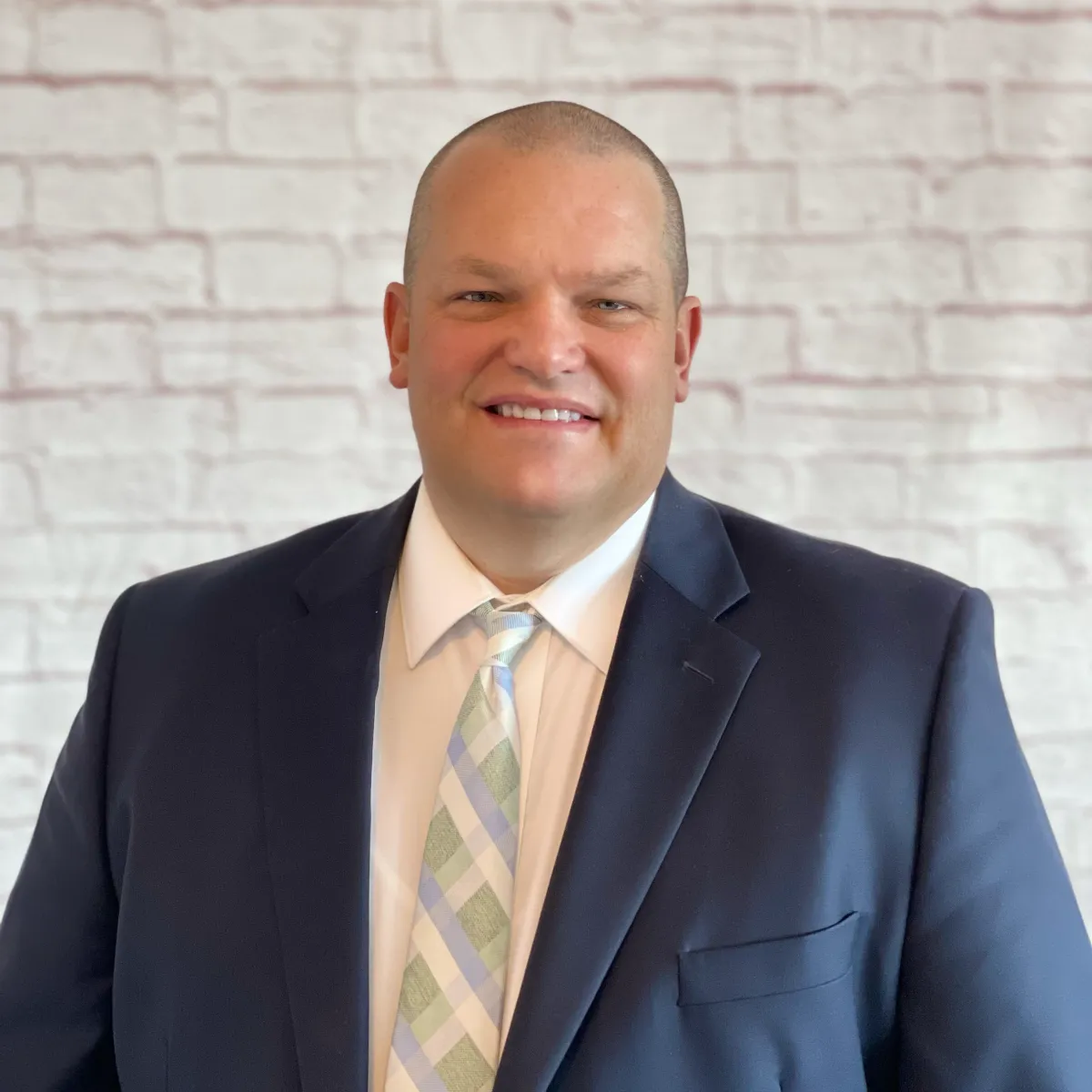Articles and Podcasts

Big Practice or Small?
Should You Build a BIG Practice or Small?
There are two paths of development going on in the world right now. They are diverging. The first is localization. That suggests that systems are getting smaller and seem focused on businesses and practices that are smaller and more focused on people. Up until now, it appears we have been going toward more globalization. This is making systems (governments and institutions less responsive to people and individuals). For a long time, it seemed the level of complexity of customer service was demanding practices become ever larger. As we speak, patients can take advantage of more individual attention and customization.
Rather than grow ever larger in an environment of "one size fits all" patients and customers seek to want a simpler, customizable approach. This may translate to less expensive overhead, improved customer service, and happier patients. Overall, it is reflected in the research on market conditions, demographics, and customer care
Watch the Podcast Video Here:
Listen to the Podcast Here:
Read the Transcript Here:
Hello, I'm Scott McDonald and this is doctordemographics.com. My video this week is about an issue which is divided to demographers and business owners, and it's worth talking about a little bit because it's coming to healthcare.
It is the difference between localization and globalization. Now, in some cities and the United States, globalization has been the dominant form that people are choosing to, uh, pursue. , it may be a very wise idea, then again, it may be stupid. So let's talk a little about it and how you are going to decide what's the choice you want to make?[00:01:00]
Do you want to have, uh, the big practice, the COR practice or something else? Localization really means do you want to have a practice you can tightly control, or are you going to turn it over to partners in, um, a conglomeration who will really run things? Are you going to be an administrator or are you going to be a doctor?
Now, a lot of people have chosen the idea of being an administrator. They want to have 12 practices. They want to hire lots of people, and they don't want supervising those people. That is one way to go. I'm not criticizing it because I've known doctors who've done both, but increasingly I've seen doctors who are retreating from that big corporate amalgamation of practice.
Now, there are some things you should know about me that maybe you don't know. You see my dad built [00:02:00] houses. He was a general contractor and architect. If there is a more localized business and one less globalized, I don't know what it is, we would attend planning com, uh, commission meetings, meet with local politicians and drive through proposed developments every.
We would have clients come to our homes to look at, at the progress on the plans, and they could, uh, modify them. Now, I wish that my orientation from an early age was to see the world from ground level. He taught me, we trusted people we he could speak to and look in the. Localization seemed to be heading that way again, and you may be interested to note, we met a lot of people at the country club and a church, and within the neighborhood that we worked, [00:03:00] the idea is you have to get to know the people that you are working for.
There seem to be a rising distrust of globalization right now in the. We don't trust the experts to have all the answers. People distrust the government, the media, and even educational institutions as never before. Trust is at an old time low Right now, hardly anybody trusts any professionals, and maybe that's true for you too.
Too often those. Who should know the best have failed us and doubts have been rising. They call this the big shift. It illustrates the big winners like Golden Sachs, meta, uh, Amazon, Microsoft, and Google. And even the places like California, New York, and Illinois, where the big money was. [00:04:00] Well, they were supposed to be the winner.
Experts called a halt to the digging and mining for fossil fuel because experts thought it was a good idea. It's supposed to change their bottom line. It was against reason in our best judgment to stop looking for fossil fuels. Globalization may have seemed wise once, but not so much. . That's an illustration of the point I'm trying to make.
Experts have failed us. This translate to big companies have failed us. Big governments have failed us. This goes for big pharma and big healthcare, hasn't it? That is why the current trend is in the direction of smaller, more personalized care. That has a closer connection to the community in which the practice resides.
I believe this is [00:05:00] true for healthcare practices right now. That's why the big practices that were downtown and had multiple offices, uh, may not be doing so well. This may not look like more complex practice management models, but it is distinctly more people oriented and that makes them more trust.
Doctors. I want there to be more trust. My family, friends, when I was growing up, well, they were the children and the doctors and professionals who owned practices and had to meet the needs of their patients. They made a living by working hard and maintaining their solid reputations. Who needs a reputation?
Well, I became a demographer for healthcare practices because it was intellectually challenging. And to be honest, I like the people and I can control my [00:06:00] destiny. I think that is true of most of you. Our practices have reached a fork in the road, and let me explain. We can either side with the local vision or take the path of global.
Occasionally doctors will state that they want to hang up the latex gloves and become part of a conglomerate. It's a guaranteed income. It's big money. Many do not want so much patient interaction as they have. Uh, I cannot believe this, but it seems to be true that a lot of doctors just don't like. The fact is, patient interaction may become more vital as you enter or than ever in your success.
Now, some people want to go to ai. Can artificial intelligence do your job [00:07:00] well? I'm one of those advocates who does not think so. I think what a doctor is, is a service person for. I believe that either path is legitimate to be an administrator or to be a doctor, but we have to have a heart to heart chat about it sometime.
It is not whether you have to give up dentistry or cardiology or dermatology. The choices, whether you be with doctor or an administrator, and I think it's getting harder to do. So many good doctors, great doctors I know are no longer treating patients either. Role can bring wealth, both required you to work hard.
I don't think there's an easy way out. Neither is entirely safe because things will change in the marketplace. But you see in the end, [00:08:00] you're gonna have to make a choice. As for me and many others, the localized. Will be doing what you love. You see it? I love talking to doctors. I love getting into the numbers.
I love hearing about your hopes, hopes and dreams, and what your kids' hopes and dreams are. That's what I love about this. And if I can't do that, I'm not sure I want to. Oh, why is old doctor once told me I am in the people. I never wanted to be in the thing business. I knew his family well and I can say without reservation.
After all the work and sacrifice, he did the right thing. You might say he was an old country doctor, but he was in a suburb, but he loved the people he served to work in the people business. You are going to need a demographer to tell you where the people can be found [00:09:00] and who will want and need your service.
At Dr. Demographics, that is what we do, and that is why we were anxious to talk to you about your hopes and your dreams and the things about practice that you love. A good demographer can help with that. The global approach may be dead localization may have a new lease on. And I believe that it can happen in any part of the United States.
My belief is that you got into this business because you like to help people. Now, there are big questions for demographers. Number one is, who do you want to serve? And number two is where can the people you want to serve be? A demographer can help you answer the second question, but we can't answer [00:10:00] the first.
You have to tell us who you love to serve. Sometimes a really good demographer can add the modifier to the end of the question easily. Whom do you want to serve easily? Where can the people you want to serve be found easily? Not all places can be equally easy to be profit. Or as easy to start up. But those places that can be, we can help you define
now personal trust and local control is making a comeback in healthcare. I'm not saying everybody has to be small, but I am saying that everybody has to listen better. There are two cancer reports that I'm. Recommend to you. The first is the Quick Bureau report. If you have three or four places you want to compare and contrast, that's the one for you.
It's [00:11:00] not very expensive and it has a significant benefit by giving you the facts. Then number two, the practice site viability report. You want to know where you can make a living, a good living and make it in a place that's. If you wanna know about these reports or any other research reports, please visit us at www.doctordemographics.com or call us at (800) 849-0499.
Our job is to help you realize your dreams, not to give you a can to answer that someone else will want. Thank you. Thank you so much for watching, and let us know how we can. This is Scott McDonald. Take care.
Our Leadership

Scott McDonald
"Demographics is more than just facts and figures. It is the foundational story in which we develop the right strategy and plan to create successful practices over the long-term. Markets change, economies fluctuate, and internal goals differ. Our goal at Doctor Demographics is to provide you with not just the data, but experienced analysis to help you create the practice you've always dreamed of having."
Scott McDonald
Founder - Doctor Demographics

Mike Green
"Mike Green is a seasoned healthcare strategist with over 30 years of experience specializing in practice placement/promotion strategies, demographics, and psychographics. He empowers doctors and healthcare entrepreneurs to build thriving, patient-centered practices through data-driven strategies. Having conducted over 10,000 market studies over the. years, Micheal transforms insights into actionable plans, helping practice owners establish and scale their practices across the United States and beyond. His proven approach ensures practices not only compete but excel in their communities. Micheal’s expertise delivers sustainable success for new and established practices alike. "
Mike Green
Owner - Doctor Demographics



Facebook
Instagram
X
LinkedIn
Youtube
TikTok